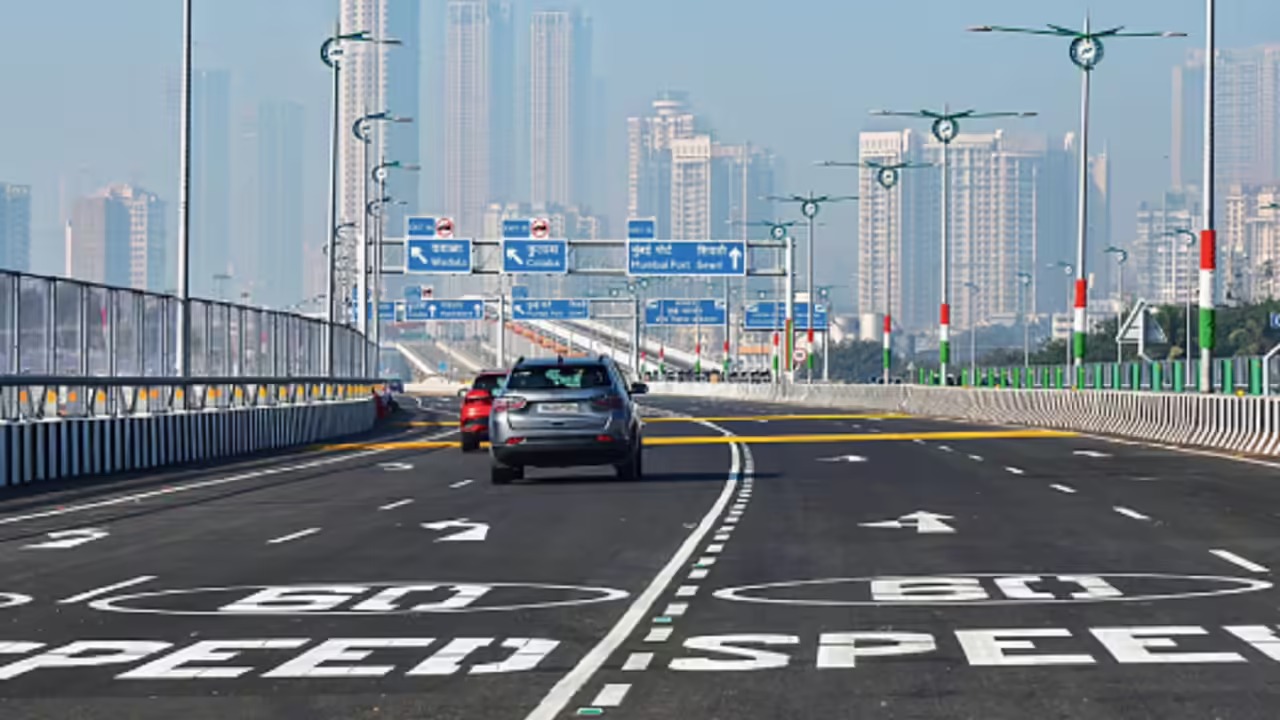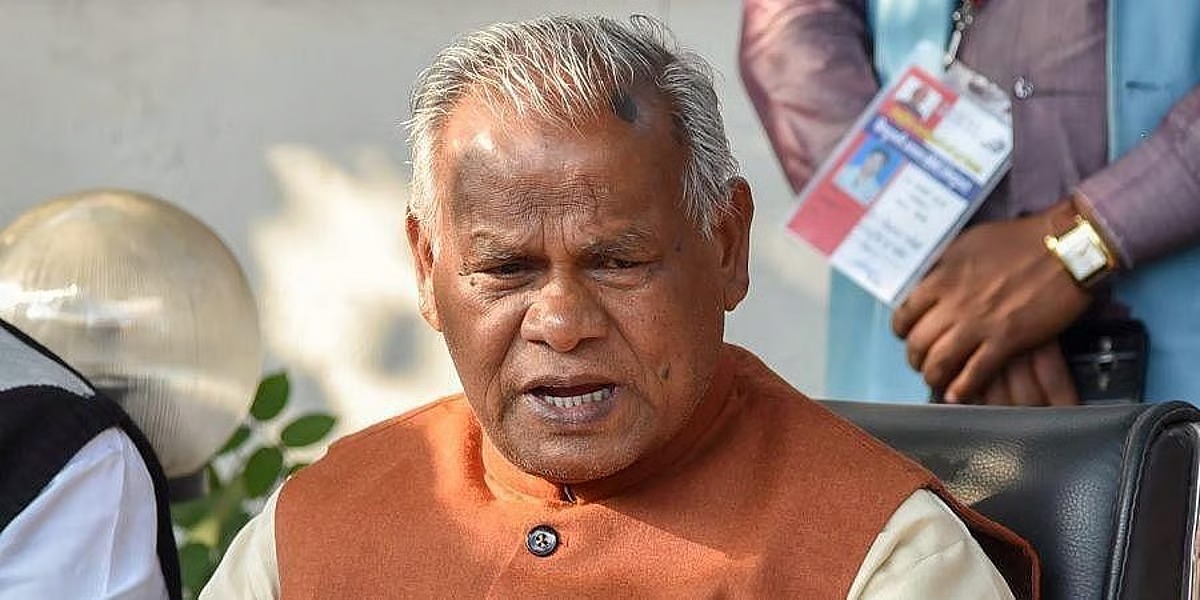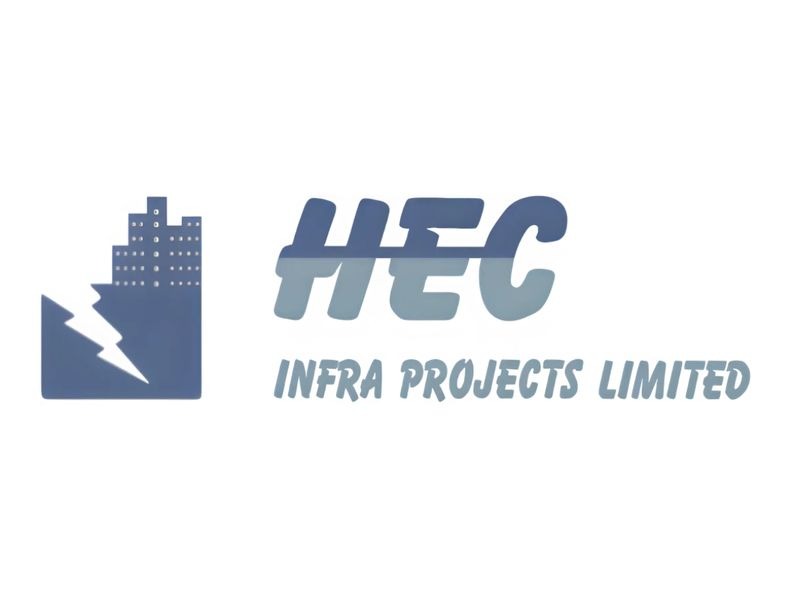
Follow WOWNEWS 24x7 on:

In a significant move towards promoting clean and sustainable mobility, the Maharashtra government has declared that electric vehicles (EVs), including electric cars and buses, will no longer have to pay toll charges on Mumbai’s Atal Setu. The decision, effective from August 22, 2025, marks a landmark step in the state’s ambitious EV Policy aimed at reducing carbon emissions and fostering greener transport solutions.
Key Highlights Of The Toll Exemption
The exemption applies to electric four-wheelers (private cars and passenger vehicles) and electric buses operated by both state transport undertakings and private operators.
The decision comes under provisions of the Maharashtra Motor Vehicles Tax Act, 1958 and modifies an earlier notification from January 31, 2025, which had imposed tolls on all vehicle categories.
Atal Setu, also known as Mumbai Trans Harbour Link (MTHL), is India’s longest sea bridge connecting Sewri in South Mumbai to Nhava Sheva in Navi Mumbai, spanning 21.8 kilometers.
Daily, approximately 34,000-40,000 vehicles use Atal Setu, making this toll exemption a relief and incentive for a significant portion of commuters.
This policy aligns with the broader Maharashtra Electric Vehicle (EV) Policy 2025, which also plans toll exemptions and concessions on other major routes such as the Mumbai-Pune Expressway and Samruddhi Expressway.
The toll plazas at Shivaji Nagar and Gavan on Atal Setu will operationalize this exemption.
While electric passenger vehicles enjoy full toll exemption, electric goods carriers are currently excluded from this scheme.
Maharashtra currently registers over 22,000 electric vehicles, including light four-wheelers and passenger vehicles, whose owners stand to benefit hugely from this policy.
The state government expects this measure to accelerate EV adoption by making travel cost-effective and reducing fuel dependency in the transport sector.
Why This Move Matters
Toll exemptions for EVs play a critical role in making sustainable transport more attractive for users by lowering operational costs. Maharashtra’s proactive approach signals its commitment to environmental goals and aligns with India’s national push toward electrification and cleaner cities.
The Atal Setu sea bridge serves as a key artery for both commercial and private vehicles, and easing the toll burden on electric vehicles encourages more motorists to switch to electric, reducing urban air pollution.
Implementation And Future Outlook
Authorities have already begun enforcing the toll waivers, and similar exemptions on adjacent highways are anticipated shortly. The initiative is expected to boost Maharashtra’s standing as a leading state in India’s green mobility transition.
Beyond toll exemptions, ongoing efforts include infrastructure development such as charging stations, incentives for EV manufacturing, and public awareness campaigns to drive faster EV acceptance.
Conclusion
Maharashtra’s toll exemption for electric vehicles on Atal Setu represents a commendable policy step toward a cleaner, sustainable urban future. By incentivizing cleaner modes of transport on one of the busiest corridors in Mumbai, the state is paving the way for broader adoption of electric vehicles, tackling pollution, and safeguarding the environment for generations to come.
Sources: Economic Times, Lokmat Times, News18, NDTV, Times of India



